SEOUL and LONDON, Oct. 17, 2018 /CNW/ -- The Cultural Corps of Korean Buddhism will hold various events to introduce temple food, which is rooted in Korean traditional culture, from October 22 through 26 at the Embassy of the Republic of Korea in the United Kingdom of Great Britain and Northern Ireland (hereinafter referred to as the Korean Embassy), the Korean Cultural Centre UK, and Le Cordon Bleu in London. Kim Ji-young, the Head Chef of Balwoo Gongyang, a one-Michelin-starred restaurant in Korea for 2017-2018, will host the three-day event.
Experience the interactive Multichannel News Release here: https://www.multivu.com/players/English/8427751-korean-temple-food-great-britain/
Korean temple food categorically bans the consumption of all meat and animal by-products, but what is less known is that it also shuns the use of five pungent vegetables of allium onion species (garlic, green onion etc.) which are considered unhelpful in a contemplative life. Instead they use natural seasonal ingredients. Temple food has always been an important means of practice for Korean Buddhist monks and nuns. In literal sense, it just means the food consumed at Buddhist temples but a cuisine always carries in it the spirit of the cultural heritage that gave birth to it. Temple food wholly embodies the sacred depth of spirit that Korean Buddhism has cultivated for over seventeen hundred years.
To start off, Kim will be making a lecture to introduce temple food and its culture of Kimchi and fermented sauces to 70 participants including the students and the general public at Le Cordon Bleu Culinary School on the 22nd from 18:30 to 20:30. Kim's cooking showcase and tasting menus will include napa cabbage kimchi with persimmon, deep-fried mushrooms, and lotus root porridge.
On the afternoon of the 24th, Kim will be presenting temple food to British government officials, media representatives, and other famous chefs at the Korean Embassy. 20 popular dishes of Balwoo Gongyang including deep-fried assorted mushrooms caramelized with sweet and spicy gochujang sauce, cucumber roll stuffed with Deodeok salad, will be presented in an aesthetic way to enhance our enjoyment of food.
On the last day, the 26th, the Korean Cultural Centre UK will invite 40 people from the food industry and the press to temple food lectures and tasting events. Kim will be demonstrating how to make 'Jang,' which refers to fermented sauces that have great importance in a monastic diet and are made without the use of artificial seasoning. After the lecture, 10 varieties of temple food popular at Balwoo Gongyang, will be served buffet-style to include signature dishes such as deodeok (Lance Asiabell root) seasoned with Korean pine nut sauce, and stir-fried shoots of Cedrela sinensis with mushrooms.
Separately, on the afternoon of the 25th, the Korean Cultural UK will simultaneously run a program that needs to be booked in advance, to allow an experience of traditional Korean culture which had once been exclusively available through Templestay, such as lotus lantern making and Woodblock printing. The programs will run free of charge.
To register for Templestay programs : Korean Cultural UK (http://london.korean-culture.org/en/welcome)
SOURCE Cultural Corps of Korean Buddhism
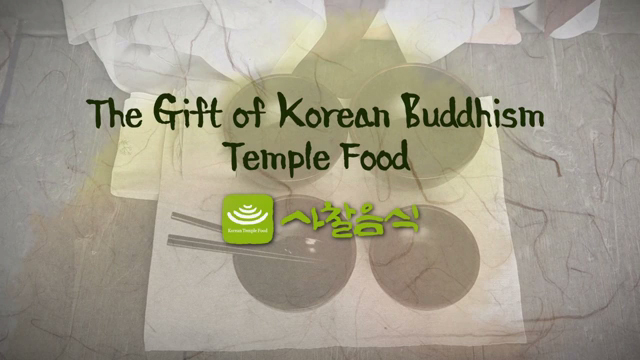
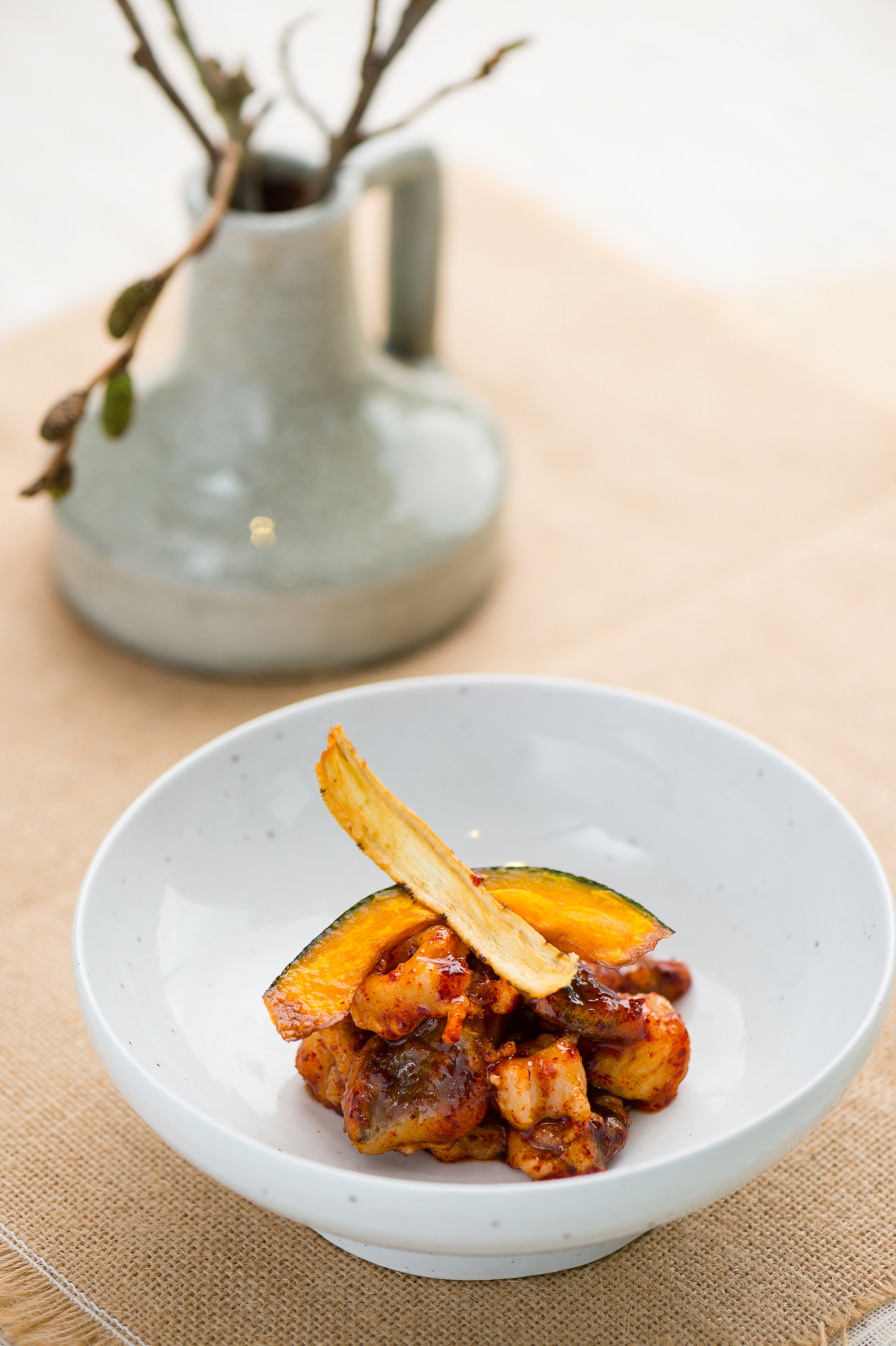
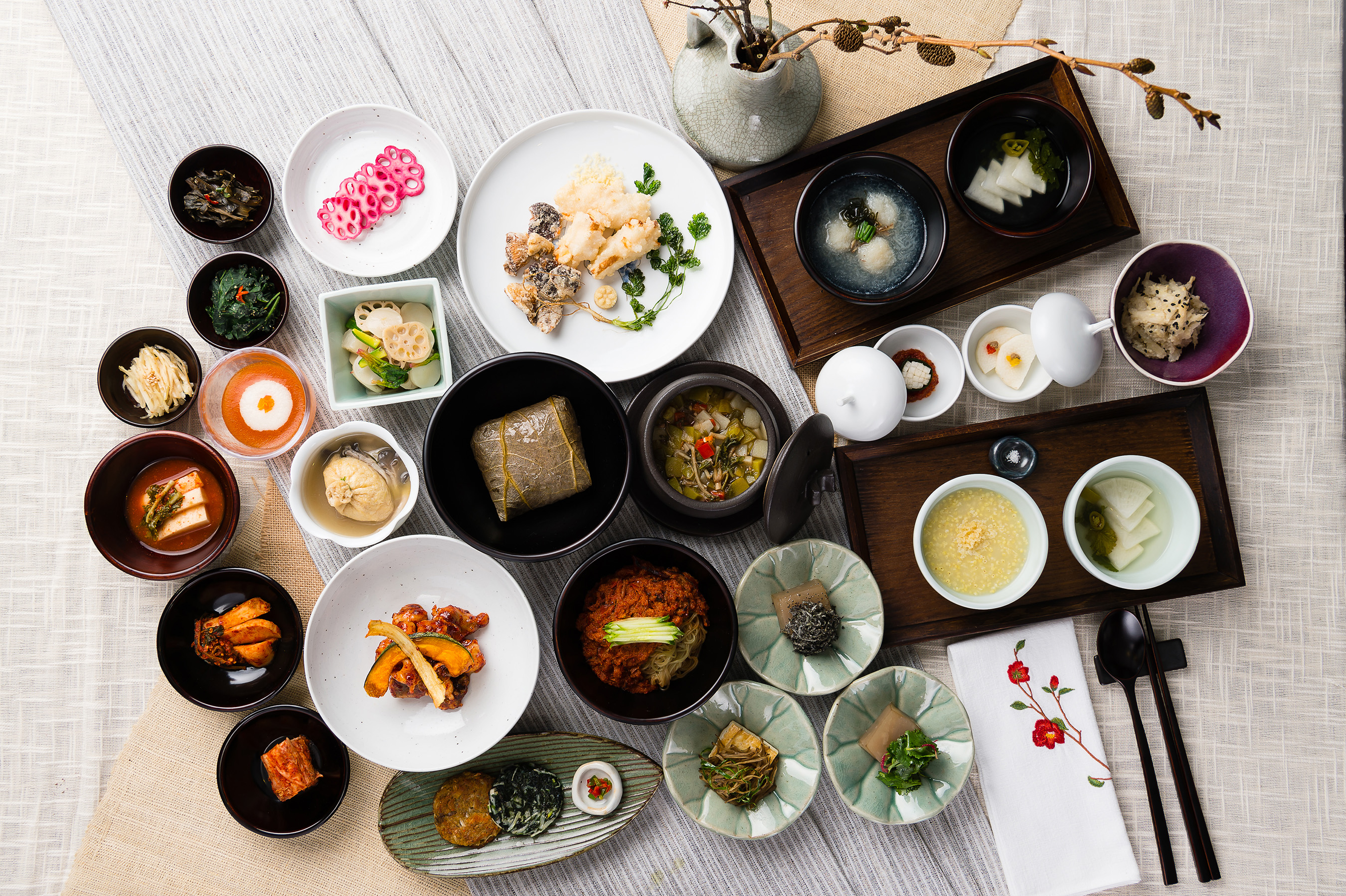
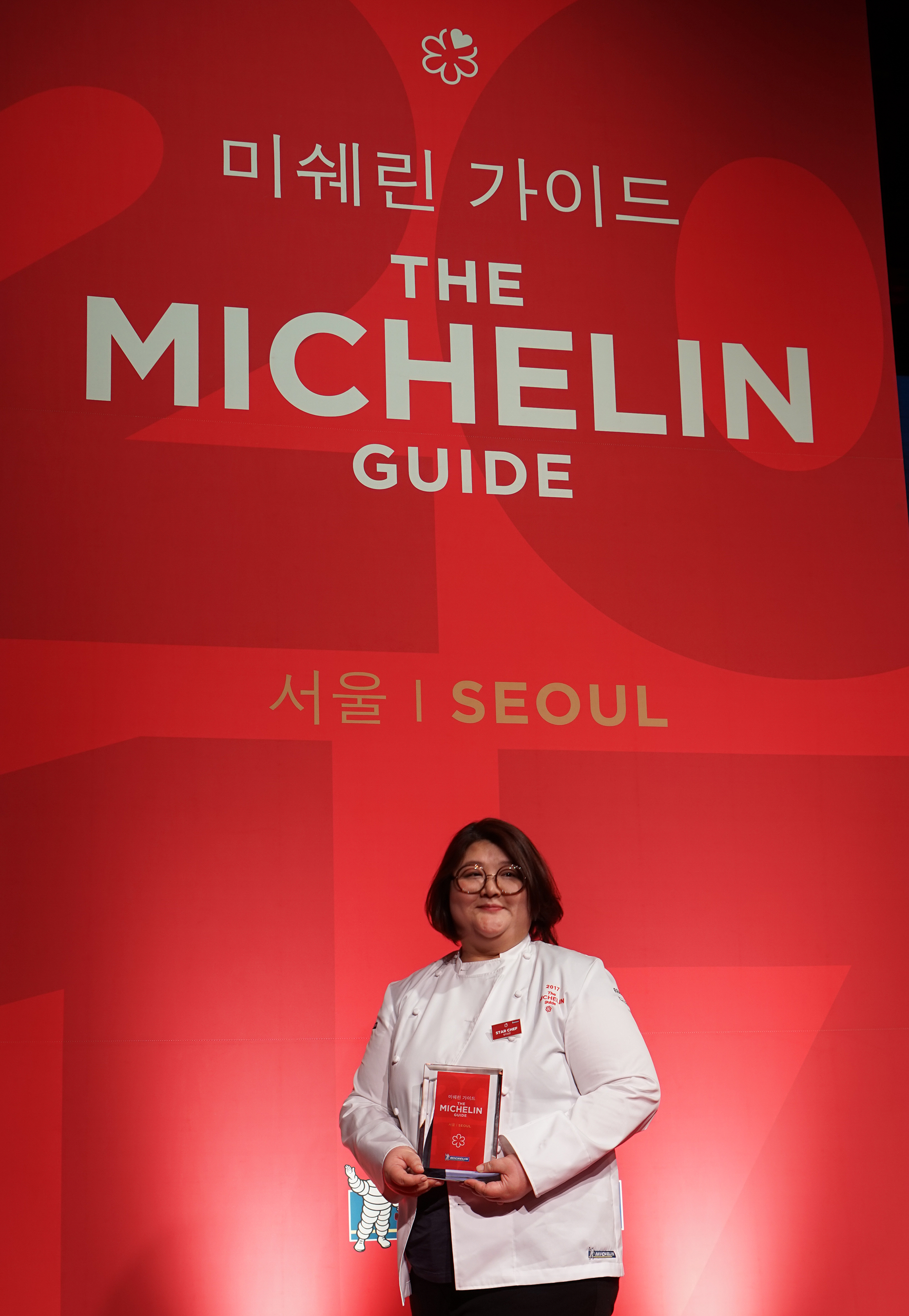
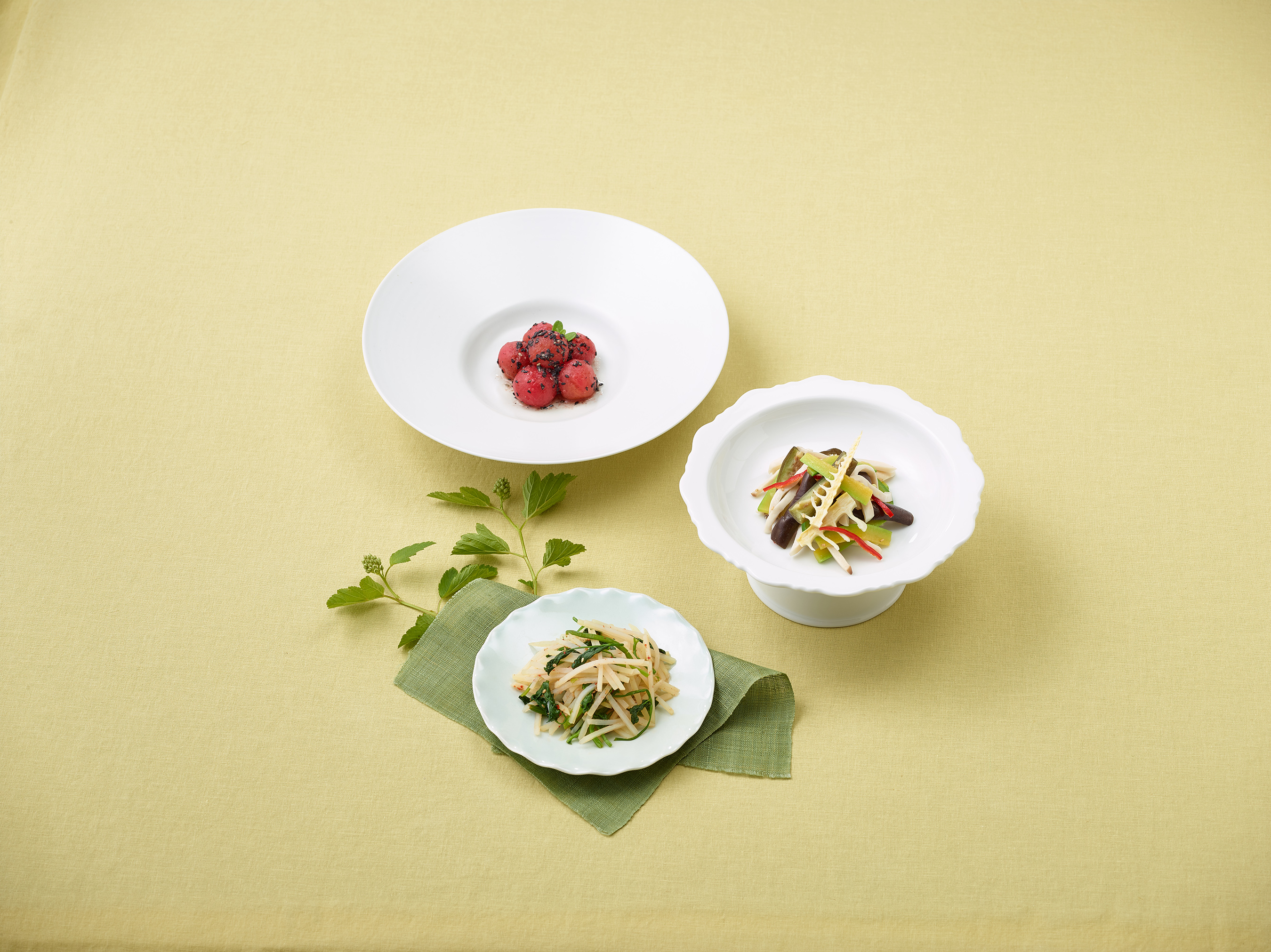

Share this article